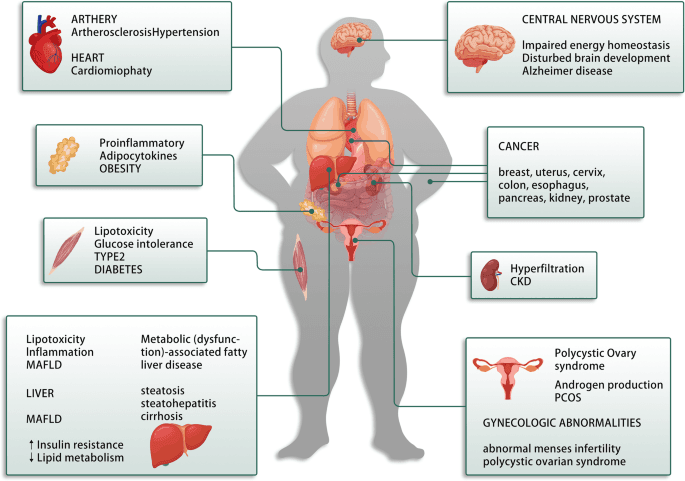Why Being Lean Isn’t Always Healthy
Table of Contents
Introduction

In the realm of health and wellness, a common misconception is that individuals who are thin can indulge in unhealthy eating habits without consequence.
This notion often stems from the belief that a lean physique equates to good health. However, recent research and clinical observations reveal a more complex picture.
This article explores the hidden health risks associated with being thin while maintaining a poor diet, and examines evidence regarding longevity and body weight.
The Myth of Thinness and Health

The idea that being thin means being healthy is a pervasive but flawed belief.
Many individuals who maintain a slim figure continue to consume junk food, assuming their body type safeguards them from the adverse effects of poor nutrition.
This assumption is problematic, as recent studies suggest that thin individuals can still suffer from severe health issues commonly associated with obesity.
Metabolic Rate and Insulin Resistance

A critical factor in this phenomenon is metabolic rate. Individuals with a high metabolic rate can process food more efficiently, which may mask underlying health issues. When high-sugar foods are consumed, insulin is released to manage blood sugar levels.
Excess sugar is then stored as fat, while cholesterol accumulates in the bloodstream. Despite their lean appearance, people with such metabolic profiles often experience elevated cholesterol and high A1C levels, markers indicative of potential pre-diabetes or diabetes.
Recent studies have documented this trend. For instance, research has shown that even lean individuals with poor dietary habits can have elevated levels of LDL cholesterol and triglycerides, which are significant risk factors for cardiovascular diseases.
This suggests that a high metabolic rate alone does not confer immunity against the health repercussions of a poor diet.
Longevity and Body Weight: The Unexpected Findings
An intriguing aspect of recent research is the relationship between body weight and longevity. Contrary to popular belief, some studies suggest that individuals classified as overweight or mildly obese (Class 1 obesity) may have a longer lifespan compared to their thinner counterparts. This phenomenon, though counterintuitive, might be attributed to several factors.
A study summarized in the literature found that individuals with a Body Mass Index (BMI) in the overweight category lived approximately 6% longer than those with a normal BMI. This could be due to the increased nutritional reserves in overweight individuals, which might help them withstand certain illnesses and stresses.
Additionally, the presence of extra body weight often serves as a wake-up call, prompting individuals to make significant lifestyle changes that can improve their overall health.
Motivational Aspects of Weight and Health

Personal experiences often underscore the role of weight in motivating dietary and lifestyle changes. For instance, many people only become motivated to alter their eating habits when confronted with visible changes, such as weight gain or ill-fitting clothing. This realization is crucial as it highlights the importance of early intervention and preventive measures.
A Comprehensive Health Evaluation
For those seeking to understand the full scope of their health beyond appearances, a thorough evaluation is essential. I have developed a detailed health assessment quiz with 104 questions designed to uncover underlying health issues that might not be immediately apparent. This evaluation can provide valuable insights into factors contributing to symptoms and health concerns.
Conclusion
In summary, being thin does not necessarily equate to being healthy. The hidden risks of poor dietary habits can manifest in various health issues, including metabolic disorders and cardiovascular problems.
Additionally, while the relationship between body weight and longevity may seem surprising, it underscores the complexity of health beyond simple metrics like BMI. Understanding these nuances is crucial for developing effective health strategies and interventions.
For personalized insights and comprehensive health assessments, consider taking the evaluation quiz linked below. By addressing both visible and hidden health issues, individuals can make informed decisions about their well-being and longevity.






